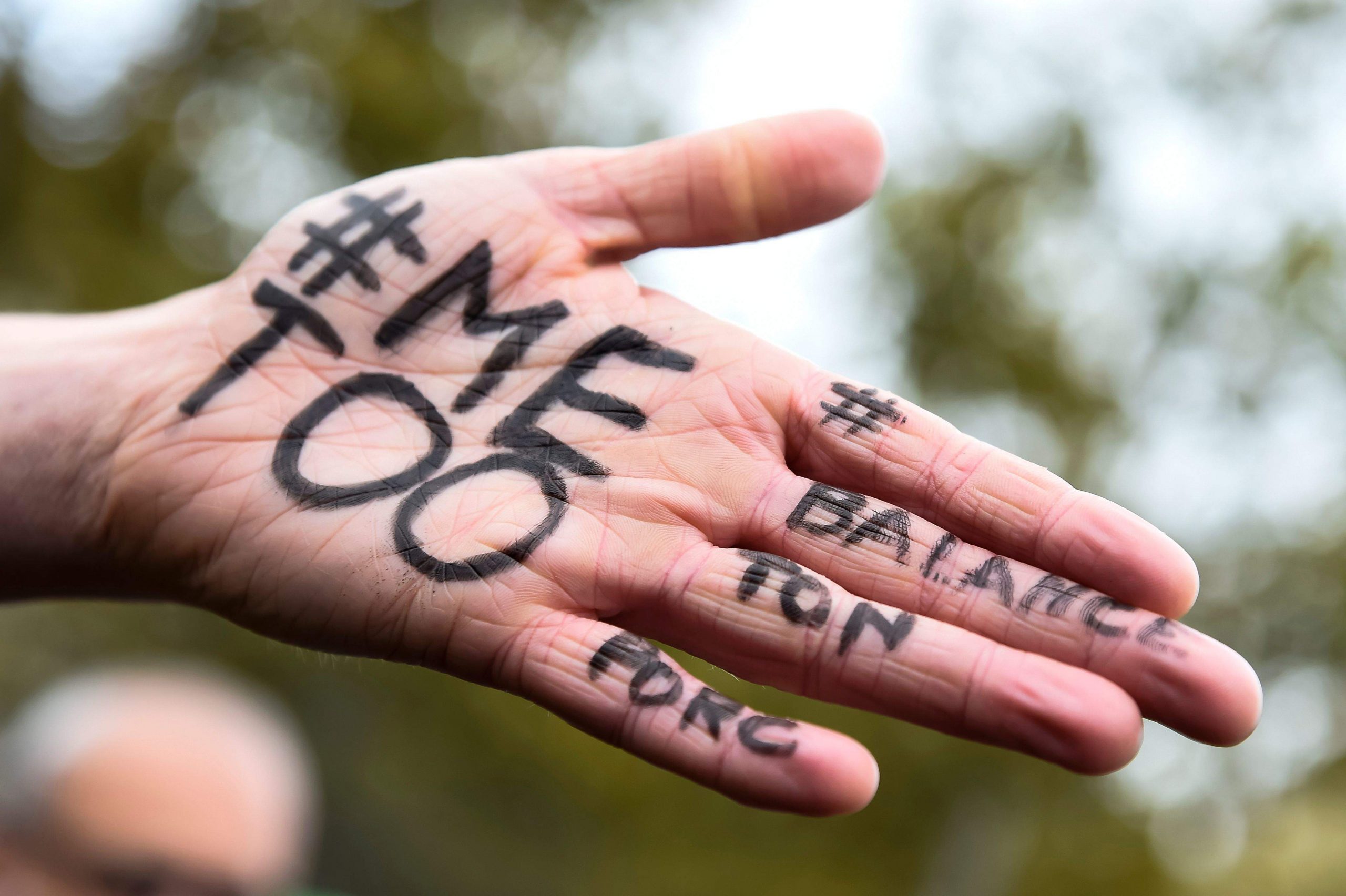
“A painful few weeks for women” is the phrase that keeps cropping up in opinion pieces since allegations against Hollywood producer Harvey Weinstein surfaced in the New York Times.
As more women have come forward, sharing their #MeToo stories and exposing abuse not only in the entertainment industry and the media but across the political spectrum, it has only become more painful, infuriating and exhausting.
Most of us can recall at least one incident, ranging from serious assault to messages from a professional contact that the sender probably considered “flirty”. Such “misunderstandings” are easy to come by in journalism, where boundaries between professional and social are increasingly blurred, networking often takes place over a coffee or drinks, and the need to stay friendly with contacts makes those affected reluctant to confront or report.
Whisper networks can help; warnings from other women can make sure you avoid last orders with a man who everyone knows will assume he’s going home with you. They provide a pressure valve for women to vent and a reassuring sense that, if this is happening to you, you are not alone. They help women to navigate the system a little more safely, but they don’t change it.
This is the gap The Second Source was created to bridge; using the support of a women’s network and creating a means to take action. Co-Founder Rosamund Urwin explains: “This isn’t – as some have bizarrely framed it – a ‘witch hunt’. What we want is cultural change in our industry – and we hope this call will spread beyond the media to other workplaces too.”
Not so much a whisper as a clarion call, the network of female journalists launched today and has significant cross-party support to push for change. This includes that of the Mayor of London, Sadiq Khan, who says: “I strongly support the women journalists who have come together to create The Second Source. We must do everything we can to ensure women are able to speak out and have their concerns properly investigated.”
The Second Source exists to listen to and support anyone in the industry who is experiencing harassment or is concerned about how to address inappropriate behaviour. Women dealing with harassment can feel isolated, especially when the power dynamic is not in their favour, and might feel there is nobody they can confide in. But it is more than that. Media organisations – and eventually all businesses – should have a robust harassment policy in place, one which addresses sexual and gender-based harassment specifically.
The Second Source will encourage workplaces to consider their own practices and work with organisations who want to adopt a policy or improve their existing one. Employers need to make it clear that harassment isn’t tolerated, and that women (and men) who report will not be moved to another desk or let go while perpetrators are rewarded with more power and responsibility.
Our free mailing list will carry details of the work being done and of upcoming events designed to facilitate women networking with each other, providing alternative sources of advice and mentorship so that one-on-one meetings where they don’t necessarily feel safe are not their only option. In addition to this the network will provide signposting to resources; legal, counselling and therapy and advice on supporting someone who is dealing with abuse.
Conservative MP Anna Soubry and Labour MP Lucy Powell have both called for HR structures in Westminster to be revised on BBC Radio 4’s Today this week, as MPs’ staff are directly employed by the MP and therefore would need to report harassment to the perpetrator themselves.
Soubry points out that an MP directly employs four or five people and is responsible for resolving any HR issues that arise in their team, which cannot be “good or healthy”.
Powell also supports establishing an independent body where people can report and seek advice on issues arising at work, where “they will be heard fairly and appropriately and will be treated anonymously”. This could also be rolled out to other professions where, she observes, the power imbalance created by high demand to enter the profession creates fertile ground for established members to take advantage of their juniors who are seeking progression.
The problem of harassment is not confined to the media and politics, and won’t be solved in a few months. Cultures take time to change, but we owe it to those who have come forward to make sure it was worth it.
Hannah Riding is a freelance writer and founding member of The Second Source. For further information on how The Second Source can help please visit www.thesecondsource.co.uk



